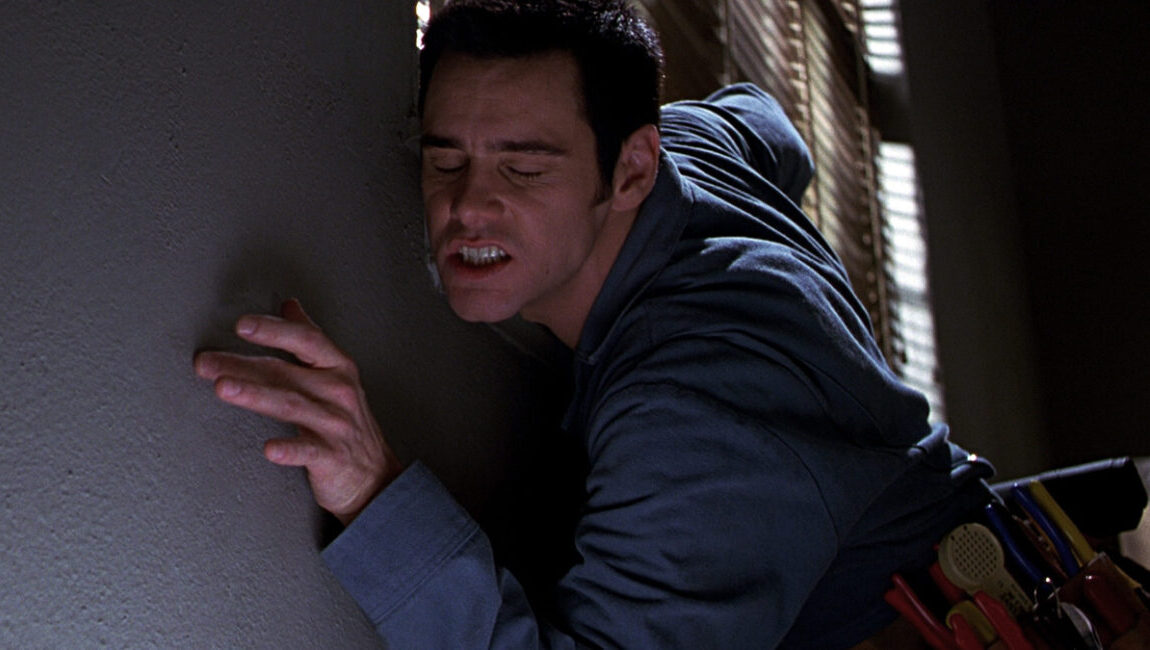Suzanna Andler seems to spawn from a place of loving tribute, but it does little to contribute new insight or appreciation.
During her lifetime, Marguerite Duras assembled a robust body of work spanning journalism, theatre, literature, and film. Duras’ books and plays are frequently adapted to this day; generally requiring minimalist staging and small casts, but dense with beguiling philosophical dialogues, they exert an understandable attraction to working filmmakers. Yet adaptations of the writer’s work often fail to measure up to the productions that Duras directed herself, relatively straightforward tales of class and infidelity given shape and dimensionality through avant-garde stagings and performance choices. These are stories that can be presented in a more classical manner without losing narrative cohesion, but when untethered from Duras’ formal invention her writings can become somewhat weightless.
Making its debut earlier this year at IFFR, Suzanna Andler is the latest and most credible attempt to bring Duras to the big screen. As orchestrated by her long time friend and collaborator, Benoît Jacquot (who began his career in the ’70s as Duras’ assistant director on Woman of the Ganges and India Song and previously directed a cinematic adaptation of her play The Beast of the Jungle), Suzanna Andler offers a muted, measured approach to typical Duras themes. Jacquot’s cinematic interpretation of the text, never previously adapted for the screen, convincingly translates the very rigid, theatrically minded narrative structure of the original script — four dialogue-heavy scenes stretched out over 90 minutes and two locations — but avoids any risky aesthetic choices. Gainsbourg is playing the title character, “the French Riviera’s most cheated on wife” by her own account, a role that requires her to be in front of the camera for the movie’s entire duration. The action that drives the film isn’t wildly different than that of the Duras films Jacquot worked on as assistant director in his youth (though it might be more readily described as anti-action, or inertia): bourgeois matriarch scouts out a summer vacation home for her family while arguing with her boyfriend and fretting about her husband’s own infidelities, etc. It’s a thin premise made thinner by Jacquot’s unadorned approach, which is to say that Suzanna Andler is a nice enough looking movie, but lacks any sort of aesthetic conceit that might accentuate Duras’ words (the closest we get is an elliptical telephone conversation three-quarters of the way through, a repeating, near 180-degree shot of Gainsbourg’s head that cuts back to her face each time it’s about to leave frame). As a point of comparison, the aforementioned India Song covers very similar plotting (though set in the title country with an eye towards criticizing France’s colonialist history), but Duras’ Brechtian blocking and her actors’ cold, mechanical performance style deepen the material, creating a visual representation of the film’s central power structures that allows us to genuinely register the uncanniness of the bourgeois lifestyle. Jacquot seems to hope that Suzanna Andler will engender similar recognition in his audience, but has his own ideas about what people most immediately respond to in Duras’ work. One must imagine that Jacquot has significant attachments to this particular play and that his desire to film it comes from a place of loving tribute, but it’s hard to imagine many coming away with newfound appreciation or insight.
Originally published as part of IFFR 2021 — Dispatch 3.







